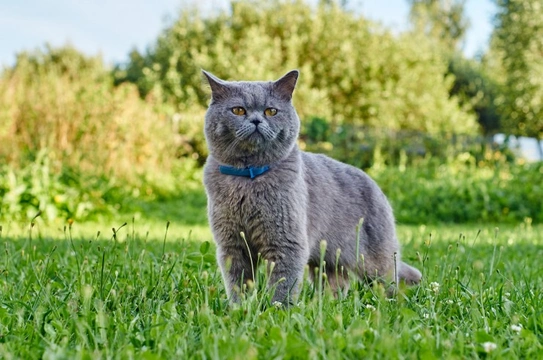
Why do some cats hunt but not kill?
For many cat owners, having a hunting cat that brings in a range of rodents on a regular basis and toys with them before consuming them and leaving the entrails lying around is a rather unpalatable but common part of cat ownership.
However, for every cat that hunts and kills their prey (whether they eat it or not) there is another cat that will happily hunt and successfully catch a good amount of prey, and then bring it in with a loud fanfare-before losing all interest in it, putting it down still alive, and then completely ignoring it.
This can be even more annoying than dealing with a cat that kills their prey, as it leaves you with rodents and other creatures roaming around your home, which no more want to be there than you want them inside yourself! To top it off, some cats that have cheerfully abandoned their live prey will add insult to injury by heading straight to their food bowl for a snack afterwards too!
If all of this sounds horribly familiar, you might be wondering why some cats hunt and catch their prey but then don’t kill it, and this is the question that we will attempt to answer in this article. Read on to learn more.
Cats and hunting
Hunting is a natural, instinctive behaviour for cats, and is something that is a part of their nature and that you cannot remove from them. Cats are taught how to hunt by their queen from as soon as they start to move around and open their eyes, and a lot of the play and interaction that you will see between kittens and their mother involves teaching hunting skills, such as watching for movement, assuming the position, and pouncing!
However, even for kittens who do not learn to hunt or play-hunt from their mother, the instinctive urge to hunt will often come to the fore, and will manifest in the attention and interest that your cat will show in chasing a piece of string, butterfly or other moving objects of the right size.
Cats likely do not even really know why they do this, particularly given that most domestic cats never have to catch their own food, and know that there is always food available to them-but the evolutionary urge to do so remains intact.
Bringing home a prize
Once you understand why cats hunt, the next point that requires explanation is why cats are apt to bring their prey home, rather than eating it where they catch it.
First of all, many cats do eat the prey that they catch outside soon after killing it, but may still bring their last catch of the night home nonetheless. The reasons for this are multiple, and can vary from cat to cat.
Many cats will bring prey home because they want to eat it or deal with it somewhere safe, much like how wild cats will often take their prey home to their lair or nest.
Others are following the nurturing urge to bring home their prize to their family-in the wild, this would be the cat’s own litter or weaker members of their pride, whilst for domestic cats, the prize is often intended for you, as their favourite person and surrogate family member.
This is why cats often make a big fuss when they bring in a rodent, because they expect you to be proud of their hunting prowess, and delighted with the gift that they have brought you!
Why don’t some cats go for the kill?
The reasons for why some cats don’t actually go in for the kill when they bring their prey home can be variable as well, but understanding the main ones can make it easier to interpret what is going on when it comes to your own cat.
If your cat intends to offer their reward to you as their favourite person, this is one common reason why cats may bring in live prey. They are either offering you a present, or attempting to teach you how to catch your own dinner, just as a mother cat may bring home live prey to her kittens, to teach them how to finish off the kill!
Additionally, while the hunting drive and instinct is strong in most cats, and so, they will hunt instinctively, they also know that their need for food is met at home, and so they do not feel the urge to eat their prey once they have caught it. It is possible that some cats simply prefer the food that you give to them, or have learnt that rodents don’t particularly agree with their digestive systems!
Also, whilst the urge to hunt may be strong when outside in the wild, when your cat comes back inside to their home, the urge and interest in what they were doing outside may wane, making the squeaking rodent that they have brought in simply something that is no longer interesting to them, and so, that they promptly abandon.



